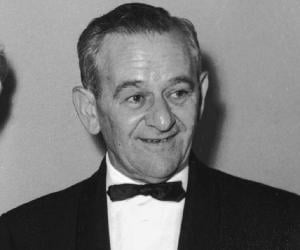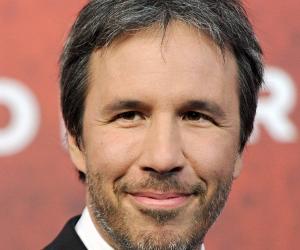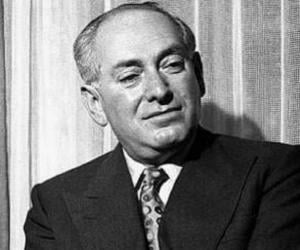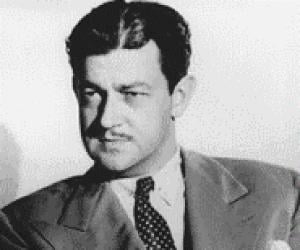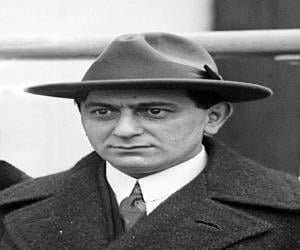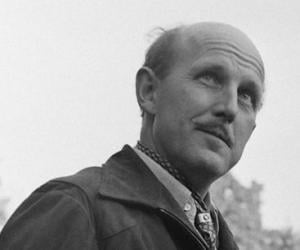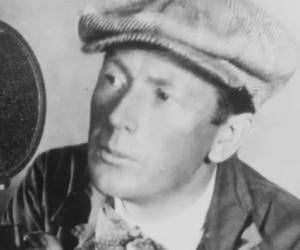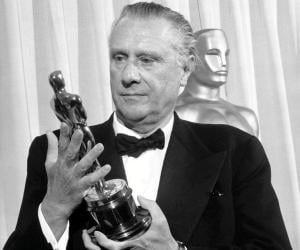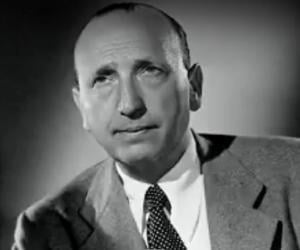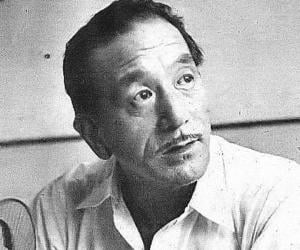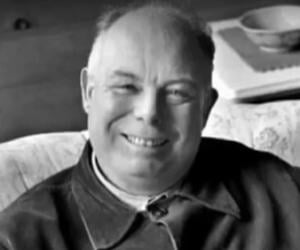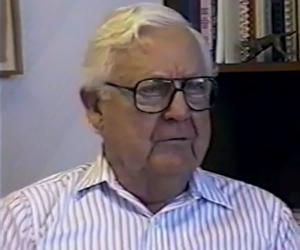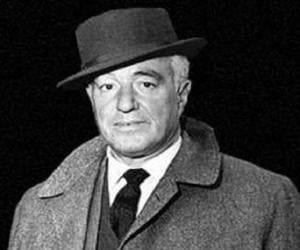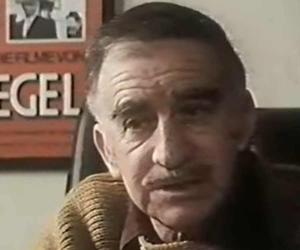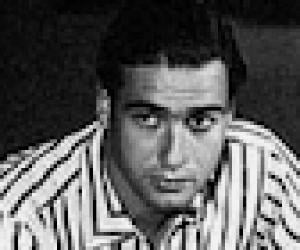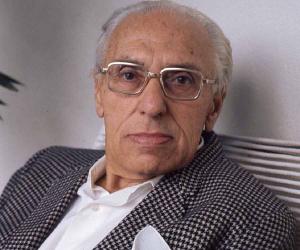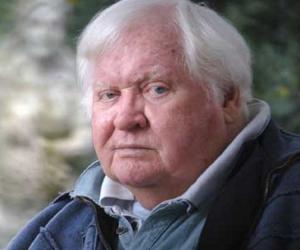Childhood & Early Life
Born as Willy Wyler in a Jewish family of Mulhouse, Alsace, William Wyler was the son of Leopold and Melanie, a German descendant. His father was a dry goods merchant by profession.
He attended several schools and was expelled more than once for indiscipline. It was his mother who introduced him to opera, concerts, theatre and films. He attended the Paris Conservatoire where he studied music for several months.
Career
After receiving a job offer from his mother’s cousin Carl Laemmle, the head of Universal Studios, he shifted to New York, in 1920. There he used to work as a shipping clerk.
While working there, he decided to pursue a career in film making. Thereafter, he moved to Los Angeles and did several jobs. For a brief period, he also served as an assistant director.
As a director, his debut film was ‘The Crook Buster’. It was released in 1925 and the duration of this film was twenty four minutes. In the following year, he directed his first full length film ‘Lazy Lightning’.
After that, he directed several low budget silent westerns. His first non-western film ‘Anybody Here Seek Kelly’ – a silent film – was released in 1928. In the next year, he directed his first talkie film ‘Hell’s Heroes’.
In 1935, his romantic comedy ‘The Good Fairy’ was released. This film tells the story of a young orphan girl. Based on Lillian Hellman’s play ‘the Children’s Hour’, his film ‘These Three’ appeared under the production of MGM producer Samuel Goldwyn in 1936.
In 1937, he directed ‘Dead End’, a comedy drama film. In 1940, his film ‘The Westerner’ appeared. After directing ‘Little Foxes’ in 1941, he directed one of his best films ‘Mrs. Miniver’ in 1942.
During the period 1942 to 1945, he served as a major in the United States Air Force. He captured some live-footage of the war during his stint with the US military. He represented these important footage in the form of documentaries like ‘The Memphis Belle: A Story of a Flying Fortress’ and ‘The Fighting Lady’. He released both of these works in 1944
He directed ‘The Heiress’ under the banner of Paramount Pictures in 1949. This film is a love story of a young woman. Due to the success of this film, his name was nominated for Oscar.
In 1951, ‘Detective Story’ appeared and it earned him instant fame. In 1953, he directed one of his successful films ‘Roman Holiday’, a romantic comedy.
In 1966, he directed ‘The Collector’, a psychological thriller. This is a story of an eccentric bank employee who collects butterflies and later starts collecting human beings by kidnapping them. He directed ‘Funny Girl’ in 1968.
Major Works
His first talkie film ‘Hell’s Heroes’ was released in 1929. Shot outside of a studio, this film depicts the story of three criminals and their effort of saving a newborn child.
Based on the satirical novel of Sinclair Lewis, his film ‘Dodsworth’ skilfully portrays the difference between the US and the European culture and manners. Released in 1936, this film earned him an Oscar nomination for the Best Director.
Released in 1942, ‘Mrs. Miniver’ narrates the story of a British housewife and a German pilot during the World War II. The representation of this classic story earned him his first Oscar Award.
Released in 1946, one of his successful films ‘The Best Years of Our Lives’ is the story of three persons who served in the World War II. The film depicts their life after the war.
Personal Life & Legacy
In 1934, he married Margaret Sullivan whom he divorced in 1936. In 1938 he tied the nuptial knot for the second time with Margaret Tallichet with whom he had five children.
After the failure of his film ‘The Liberation of L.B. Jones’, released in 1970, he retired from film direction. He died from a heart attack in Beverly Hills, California.
Facts About William Wyler
William Wyler was known for his meticulous attention to detail on set, often shooting multiple takes to ensure he captured the perfect scene.
Despite being a highly respected director, Wyler was known for his humility and willingness to collaborate with actors and crew members.
Wyler was a three-time Academy Award winner for Best Director, a testament to his talent and skill behind the camera.
He was fluent in multiple languages, allowing him to work with actors from various backgrounds and cultures with ease.
Wyler’s films often tackled complex and challenging themes, showcasing his versatility and depth as a filmmaker.


